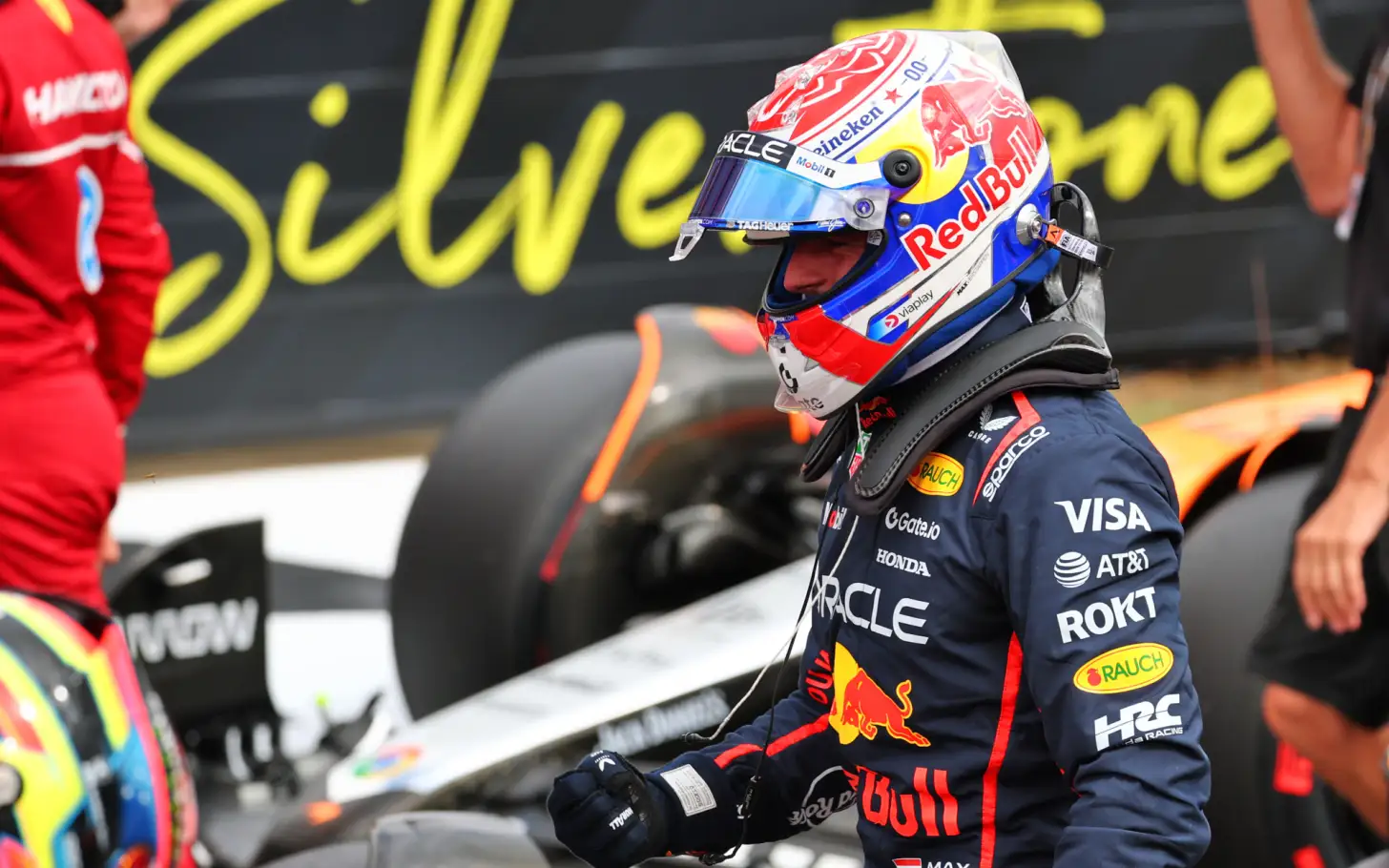New Red Bull Boss Handed ‘Immediate’ Max Verstappen Contract Warning: Navigating t…read more
The appointment of Oliver Mintzlaff as Red Bull Racing’s new CEO has been met with a flurry of activity, but perhaps none as pressing as the immediate need to address the contract situation of its star driver, Max Verstappen. While the Dutchman’s dominance on the track is undeniable, securing his long-term future at the Milton Keynes-based team presents a significant challenge for Mintzlaff, a challenge underscored by an unspoken but palpable warning from within the organization and the wider Formula 1 ecosystem. The warning isn’t about Verstappen’s performance; it’s about the potential pitfalls of complacency and the ever-present allure of rival teams with deeper pockets and equally ambitious projects.
Verstappen’s current contract with Red Bull runs until the end of 2028, a seemingly secure arrangement for a team that has witnessed its driver shatter records and clinch consecutive world championships. However, the “immediate” warning, subtly conveyed through internal discussions and external pressures, highlights the inherent volatility of the Formula 1 landscape. The immense financial power wielded by teams like Mercedes and Ferrari, coupled with the growing influence of newer entrants with significant backing, creates an environment where even the most loyal drivers can be tempted by lucrative offers and promises of a different kind of challenge.
The warning serves as a potent reminder that long-term contracts, even those extending several years, aren’t entirely foolproof in Formula 1. Teams need to constantly nurture the driver-team relationship, ensuring Verstappen remains both happy and motivated, recognizing that his contributions extend far beyond mere on-track performance. He is a brand ambassador, a marketing powerhouse, and a pivotal figure in shaping the team’s identity and future direction. Losing Verstappen, even years down the line, would be a catastrophic blow, not just to Red Bull’s on-track competitiveness but also to its brand value and commercial appeal.
Mintzlaff’s immediate focus must therefore be on more than simply ensuring the contractual terms remain in place. He needs to foster an environment that actively demonstrates Red Bull’s unwavering commitment to Verstappen, both professionally and personally. This might involve enhanced communication, addressing any potential concerns about the team’s future direction, and providing assurances about the resources and support he’ll need to continue his dominance.
The warning also highlights the evolving dynamics within Red Bull itself. The transition from Dietrich Mateschitz’s era to the post-Mateschitz leadership requires a strategic recalibration, particularly in managing the team’s relationship with its key personnel. Mateschitz’s personal connection with Verstappen played a significant role in solidifying their relationship; Mintzlaff needs to build a similar level of trust and understanding, even if through different means.
Beyond the internal dynamics, the warning also underscores the external pressures facing Red Bull. Rival teams are constantly monitoring the situation, actively looking for opportunities to exploit any perceived cracks in the Verstappen-Red Bull relationship. Whispers of lucrative offers, promises of advanced technology, or even the allure of a new challenge could easily sway Verstappen, especially if he feels undervalued or unsupported at Red Bull.
Mintzlaff’s response needs to be multi-faceted. It requires proactive engagement with Verstappen, open communication, and a clear demonstration of the team’s long-term vision. This includes investments in infrastructure, technology, and personnel, showcasing Red Bull’s unwavering commitment to maintaining its competitive edge. It also necessitates careful management of public perception, projecting an image of stability and mutual respect, thereby minimizing the chances of rival teams exploiting any uncertainty.
In essence, the “immediate” warning concerning Verstappen’s contract isn’t a sign of impending doom, but rather a crucial wake-up call. It necessitates a proactive and comprehensive strategy from Mintzlaff, ensuring that Verstappen remains a central pillar of Red Bull’s future success. This isn’t merely about a contract; it’s about nurturing a relationship built on mutual trust, ambition, and a shared commitment to achieving continued dominance in Formula 1. Failure to address this issue swiftly and effectively could have far-reaching consequences, potentially unraveling years of hard work and investment. The next few months will be crucial in determining how effectively Mintzlaff navigates this complex challenge and secures Verstappen’s future within the Red Bull family.




